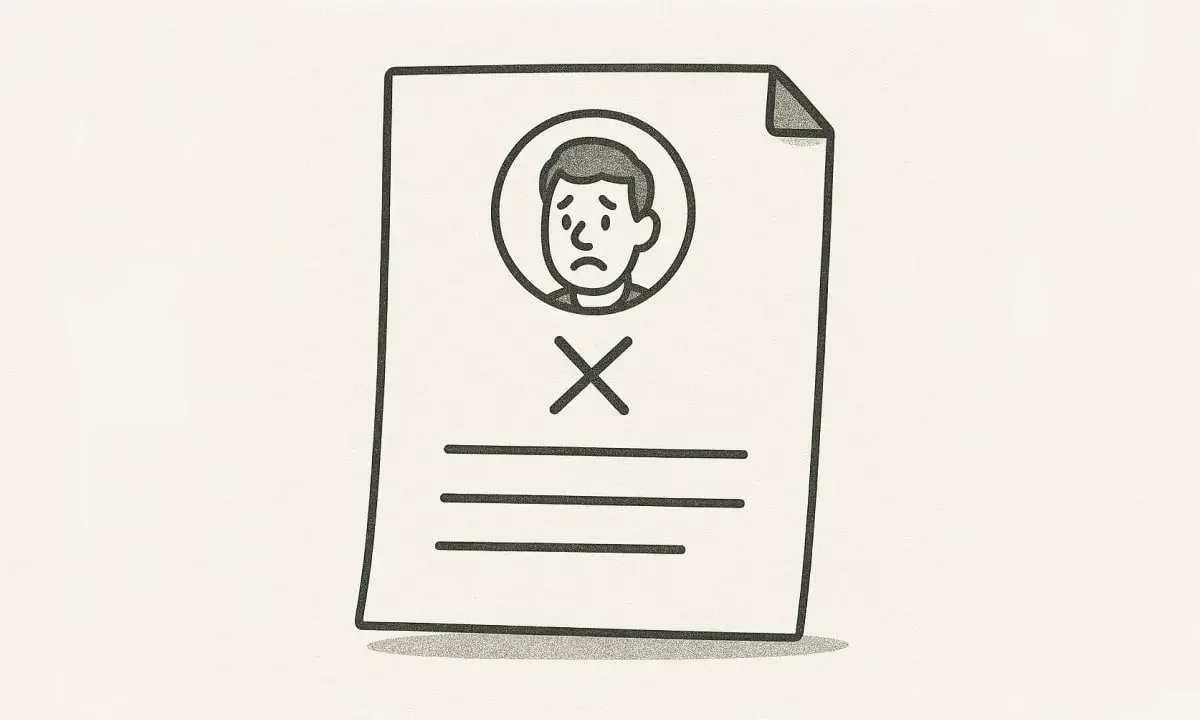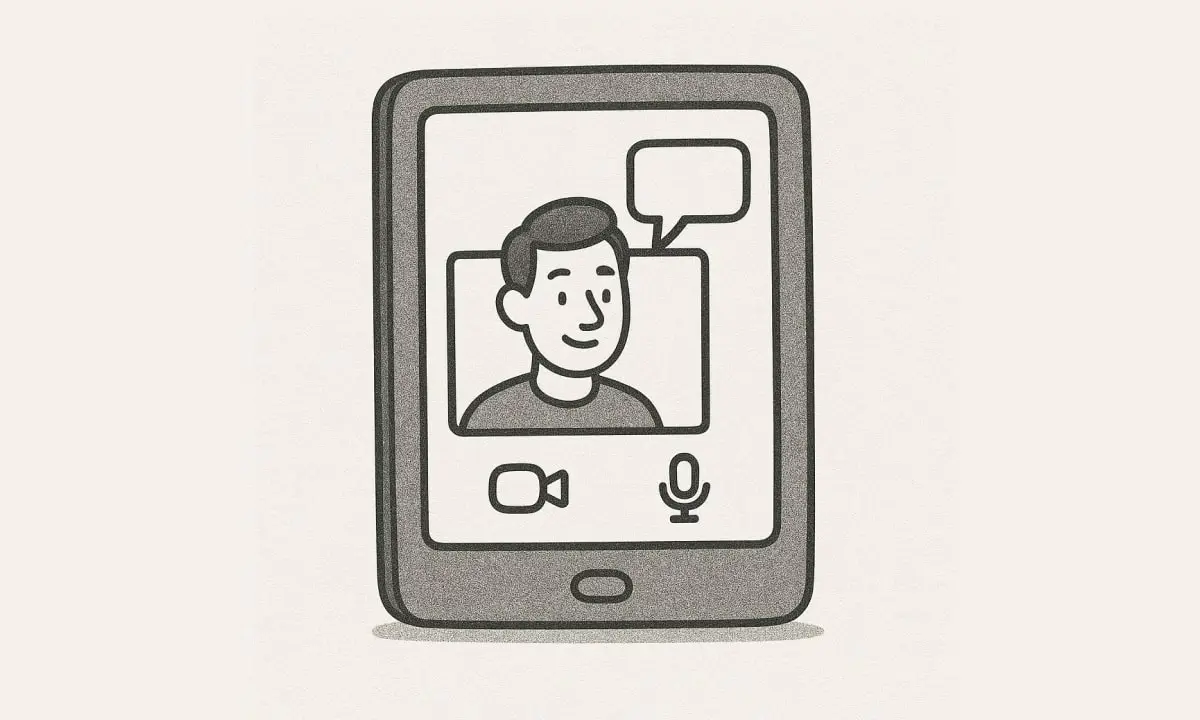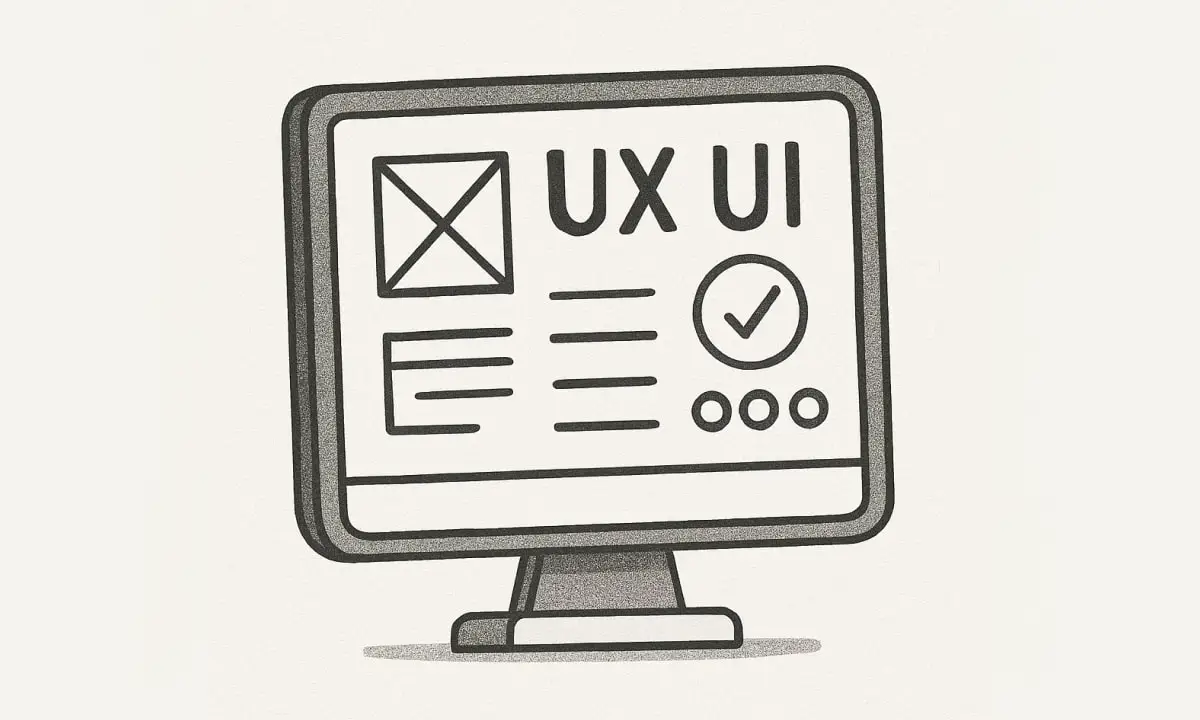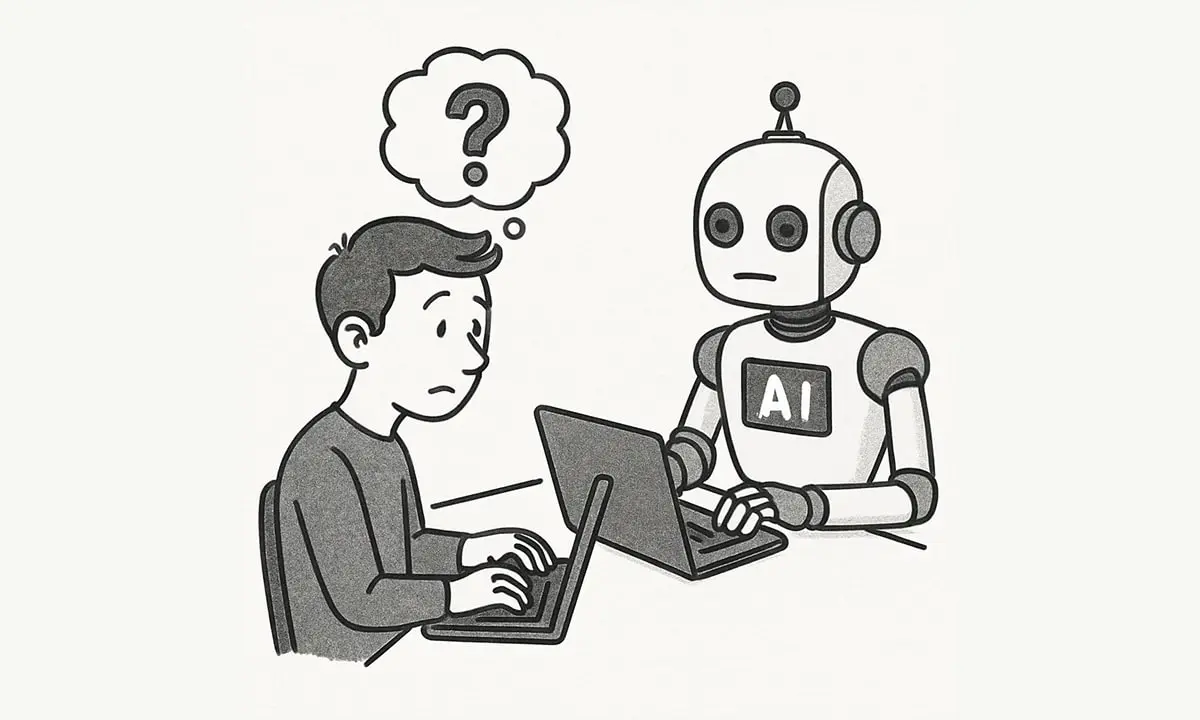Higher education institutions need to handle intricate student management challenges that begin with recruitment until students enroll and extend to providing academic help and alumni outreach. The manual process of handling operations between these systems enables inefficiencies along with communication breakdowns as well as skipped opportunities to provide tailored student support. The changing student expectations force educational institutions to develop a unified tracking system that automates operational processes to enable successful departmental collaboration. When organizations lack integrated systems maintaining valuable relationships with students while delivering proper support services becomes more difficult to manage.
Higher education institutions have made CRM solutions essential because of rising demands for digital transformation. The platforms optimize both internal operational efficiency and student-to-staff interactions by processing information collected at each interaction point.
The implementation of automated workflows cuts down administrative workloads so staff members can concentrate on important strategic tasks while students obtain timely relevant assistance. Institutions that use CRM in higher education will establish better relationships which leads to increased student retention and create an educational environment focused on students.
Key Benefits of CRM in Higher Education
1. Centralized Student Information Management
- Stores academic records, communication history, and extracurricular involvement in a unified system.
- Provides real-time access to student data for faculty and staff.
2. Optimized Admission and Enrollment Process
- Automates application tracking and follow-ups.
- Enhances recruitment efforts with targeted outreach strategies.
3. Personalized Student Engagement
- Enables tailored communication based on student needs and interests.
- Offers proactive academic and career guidance.
4. Improved Faculty and Administrative Collaboration
- Facilitates seamless coordination between departments.
- Enhances decision-making with data-driven insights.
5. Strengthened Alumni and Donor Relations
- Manages alumni interactions to maintain long-term engagement.
- Streamlines fundraising efforts through targeted donor outreach.
Transforming Student Success with CRM
The implementation of CRM solutions allows educational institutions to construct strong individualized relations with their students through data-based understanding. University analysis of student actions and their academic work and school engagement creates opportunities for direct individual support to students.
CRM systems implement technology for offering precise educational assistance to students during critical times and scheduling automatic alerts for upcoming deadlines which results in personalized support delivery. Specially designed student interventions through CRM systems create better academic outcomes which results in better student satisfaction and retention statistics.
Enhancing Student Support
- Automated reminders for assignments and deadlines.
- AI-driven chatbots for real-time academic assistance.
- Predictive analytics to identify students at risk of dropping out.
Best Practices for CRM Implementation in Higher Education
- Define Institutional Goals – Identify objectives for student engagement, operational efficiency, and retention improvement.
- Select the Right CRM Platform – Choose a system that integrates seamlessly with existing student information systems (SIS) and learning management systems (LMS).
- Ensure Data Accuracy – Implement data management best practices for reliable insights.
- Provide Staff Training – Equip faculty and administrators with the knowledge to maximize CRM usage.
- Leverage Automation – Automate communication, appointment scheduling, and progress tracking for efficiency.
Overcoming CRM Implementation Challenges
The conversion between legacy systems and new platforms requires data migration to be the main critical challenge. The transition process demands detailed planning of the migration steps while running tests and implementing automation techniques that will protect against data loss and prevent structural damage to the system. Successful data migration depends on backup procedures for legacy systems with real-time monitoring and support service.
User adoption stands as an equally important factor because it impacts how faculty and staff receive new tools and systems during implementation. Effective user adoption depends on providing long-term extensive training programs which support all user needs. The training programs should deliver practical lessons that match each user’s role to make them comfortable and skilled with operating the new system.
Future Trends in Higher Education CRM
Virtual advisors benefit from AI-driven student engagement through their ability to examine academic performance behavioral data and student preference using sophisticated algorithms for delivering personalized academic guidance. Virtual advisors utilize advanced algorithms to suggest precise academic guidance ways and recommended coursework alongside important task alerts which help students maintain their schoolwork targets. Through repetition of interactions with students the AI-driven system learns to enhance its relevance in subsequent insights.
Predictive analytic systems that use advanced methods serve a fundamental purpose in student retention strategies since they detect students who are at risk before problems occur. Data points related to student attendance together with grades and engagement levels allow institutions to identify students who require supplementary assistance. Active intervention measures that include tutoring and counseling emerge when prognostic analytics detect at-risk students which produces enhanced retention outcomes and better student achievements.
FAQ About CRM In Higher Education
What is CRM in higher education?
CRM (Customer Relationship Management) in higher education is a system designed to manage student interactions, streamline administrative processes, and enhance communication between students, faculty, and staff. It supports functions like admissions, student engagement, alumni relations, and academic support.
How does a CRM improve student engagement?
A CRM enables personalized communication, automates reminders for assignments and deadlines, and provides AI-driven support through chatbots. It also tracks student behavior and academic progress, allowing institutions to offer targeted support and resources.
Can a CRM integrate with existing university systems?
Yes, most modern CRMs can integrate with student information systems (SIS), learning management systems (LMS), and financial platforms to ensure seamless data flow and operational efficiency.
What are the main challenges of implementing a CRM in higher education?
Common challenges include data migration from legacy systems, faculty, and staff training, ensuring data security and privacy compliance, and balancing automation with personalized student interactions.
How can universities measure the success of a CRM implementation?
Success can be measured through improved student retention rates, enhanced recruitment efficiency, increased alumni engagement, reduced administrative workload, and data-driven decision-making improvements.
Conclusion
Through new CRM (Customer Relationship Management) solutions, higher education experiences a double benefit of improved student services with process optimization for institutions. Through CRM universities can produce efficient management of their relations with diverse groups including prospective students, current students, faculty, and alumni.
Through data centralization, the systems enable personalized communication and targeted marketing thus enhancing recruitment and retention performance. Through CRM institutions achieve better efficiency in their administrative procedures since it simplifies tasks such as event management alongside course registration and student advising. This leads to both improved operations and better user satisfaction.
Click Here: Solutions Metrix










